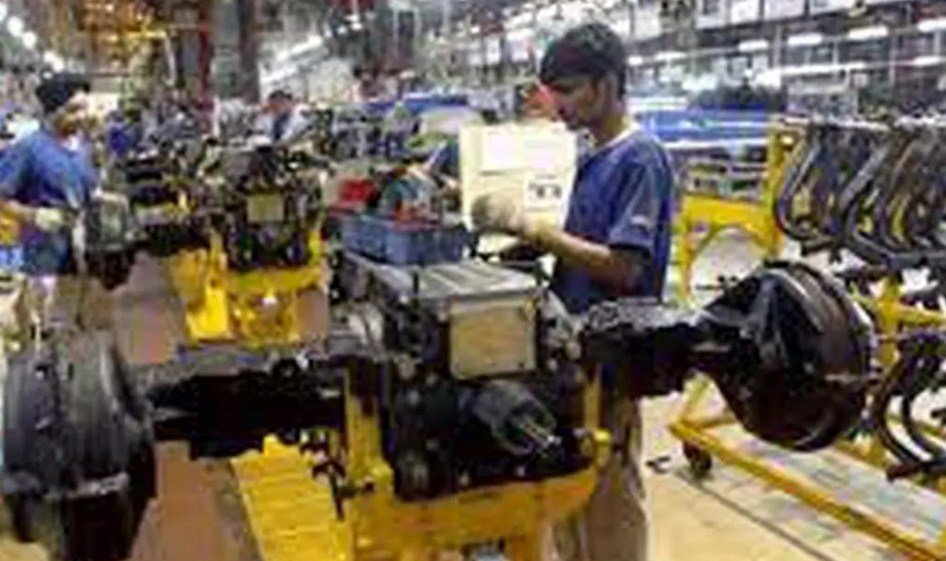Google joins Apple and Samsung in making India a priority market for smartphone production
Google has recently announced that it will manufacture its flagship Pixel 8 smartphone in India, marking a significant milestone in the country’s journey to become a leading hub for cutting-edge mobile technology. Google has emphasized India as a priority market for Pixel smartphones, expressing its commitment to delivering the best of its hardware and software capabilities to the Indian populace.
Google’s move aligns with the broader trend of global tech giants like Apple and Samsung expanding their manufacturing bases in India, further cementing the nation’s position in the global supply chain. For instance, Apple has been assembling iPhones in India, a strategy that has proven mutually beneficial. This localization not only enables Apple to meet local demands efficiently but also mitigates the impact of import duties. Similarly, Samsung has established the world’s largest mobile phone manufacturing facility in India, showcasing the nation’s capacity to cater to the production needs of global tech giants.
India offers a stable and attractive alternative to China for sourcing tech components
This move by Google is part of a broader shift in the global supply chain dynamics, particularly from China to India. The transition in supply chain dynamics is evident, with a report revealing a remarkable 400% increase in U.S. and European greenfield investment in India between 2021 and 2022, while investments in China decreased significantly during the same period.
India is positioning itself as an appealing alternative for sourcing due to disruptions caused by policies like China’s Belt and Road Initiative, which has led to a shift that could potentially cost the Chinese economy trillions by 2030. In contrast to China, India’s democratic environment provides a stable and trusted setting for global supply chains.
India’s ‘Make in India’ initiative acts as a catalyst for attracting tech investments
The involvement of tech giants such as Apple, Google, and Samsung in India’s manufacturing landscape is a clear endorsement of the nation’s emerging prominence in high-quality tech manufacturing. The ‘Make in India’ initiative is acting as a catalyst, opening doors for these tech giants to explore the myriad opportunities India offers.
The ‘Make in India’ initiative, launched in 2014, aims to transform India into a global design and manufacturing hub, by facilitating investment, fostering innovation, enhancing skill development, and creating a conducive business environment. The initiative has been successful in attracting foreign direct investment (FDI) in various sectors, especially electronics. According to the Ministry of Electronics and Information Technology, the electronics manufacturing sector in India has received FDI worth USD 3.6 billion in the last five years, compared to USD 1.3 billion in the previous five years.
The ‘Make in India’ initiative has also been instrumental in creating employment opportunities, boosting exports, and reducing the trade deficit in the electronics sector. According to a report by the India Cellular and Electronics Association, the electronics manufacturing sector has generated over 20 lakh direct and indirect jobs in the last five years, and the exports of mobile phones have increased from USD 0.4 billion in 2014-15 to USD 3.6 billion in 2019-20. The report also states that the production of mobile phones in India has increased from 60 million units in 2014-15 to 330 million units in 2019-20, and the import of mobile phones has declined from 155 million units in 2014-15 to 59 million units in 2019-20.
India has the potential to become a global leader in tech manufacturing
India has the potential to become a global leader in tech manufacturing, given its large domestic market, skilled workforce, favorable demographics, and supportive policies. India is the second-largest smartphone market in the world, with over 500 million users, and is expected to reach 820 million users by 2022. India also has a young and tech-savvy population, with over 50% of its 1.3 billion people below the age of 25, and over 65% below the age of 35. India also has a strong pool of talent, with over 1.5 million engineers graduating every year, and a vibrant startup ecosystem, with over 50,000 startups, including 34 unicorns.
India also has a conducive policy framework, with various schemes and incentives to promote tech manufacturing. Some of these schemes include the Production Linked Incentive (PLI) scheme, which offers a 4-6% incentive on incremental sales of goods manufactured in India for a period of five years; the Modified Special Incentive Package Scheme (MSIPS), which provides a 20-25% subsidy on capital expenditure for setting up electronics manufacturing units; the Electronics Manufacturing Clusters (EMC) scheme, which provides financial assistance for creating world-class infrastructure and common facilities for electronics manufacturing; and the Phased Manufacturing Programme (PMP), which aims to increase the domestic value addition in mobile phone manufacturing.
With these advantages and initiatives, India is poised to become a rising star in global tech manufacturing, and a preferred destination for tech giants like Google, Apple, and Samsung.

